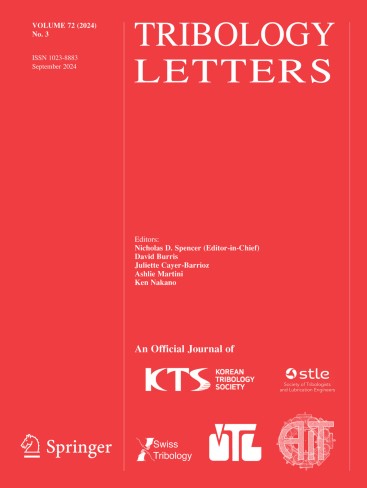High Temperature Induced Brittle-Ductile Transition of Monocrystalline Silicon via In Situ Indentation
Abstract
Monocrystalline silicon is difficult to molding process due to the unknown mechanism of temperature-influenced brittle-plastic transition. Indentation test of monocrystalline silicon from room temperature (RT) to 500 °C was carried out within scanning electron microscope (SEM). Evolution of surface damage mode at elevated temperatures was in situ observed. Cracking and extrusion occurred during indentation of monocrystalline silicon from RT to 200 °C, while shallow scallop-shell lateral peeling was found to be generated by a combination of secondary radial crack and shallow lateral crack. The phenomenon of surface peeling disappeared at 300 °C. The plasticity of the material significantly increased. Dislocation motion coexists but competes with microcrack nucleation-expansion with temperature increasing. The completion of the brittle-plastic transition is evident at 500 °C. Cracks are no longer generated on the surface and pile-up phenomenon is enhanced. This discovery demonstrates the feasibility of plastic molding processing of monocrystalline silicon at high temperatures.
Graphical abstract

 求助内容:
求助内容: 应助结果提醒方式:
应助结果提醒方式:


